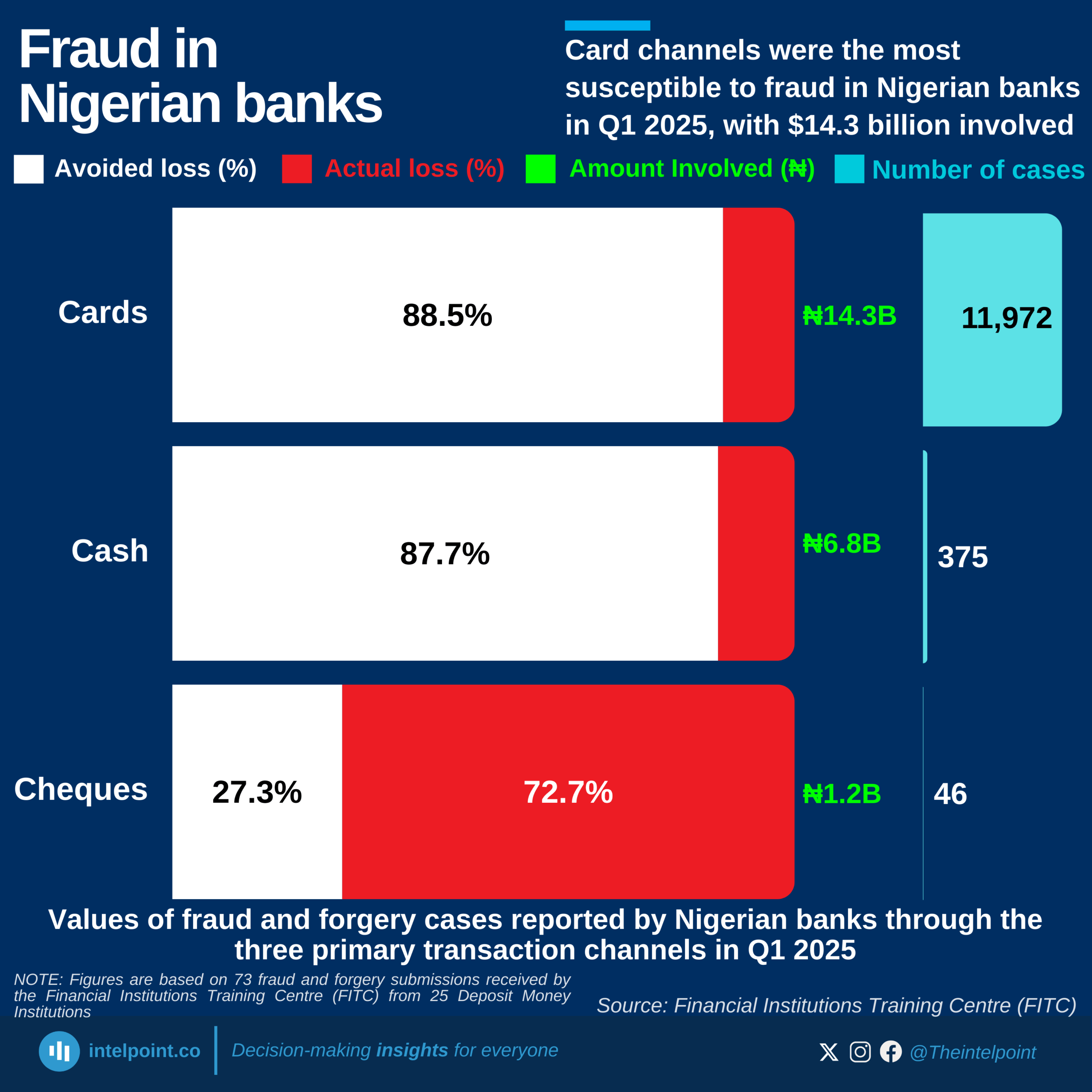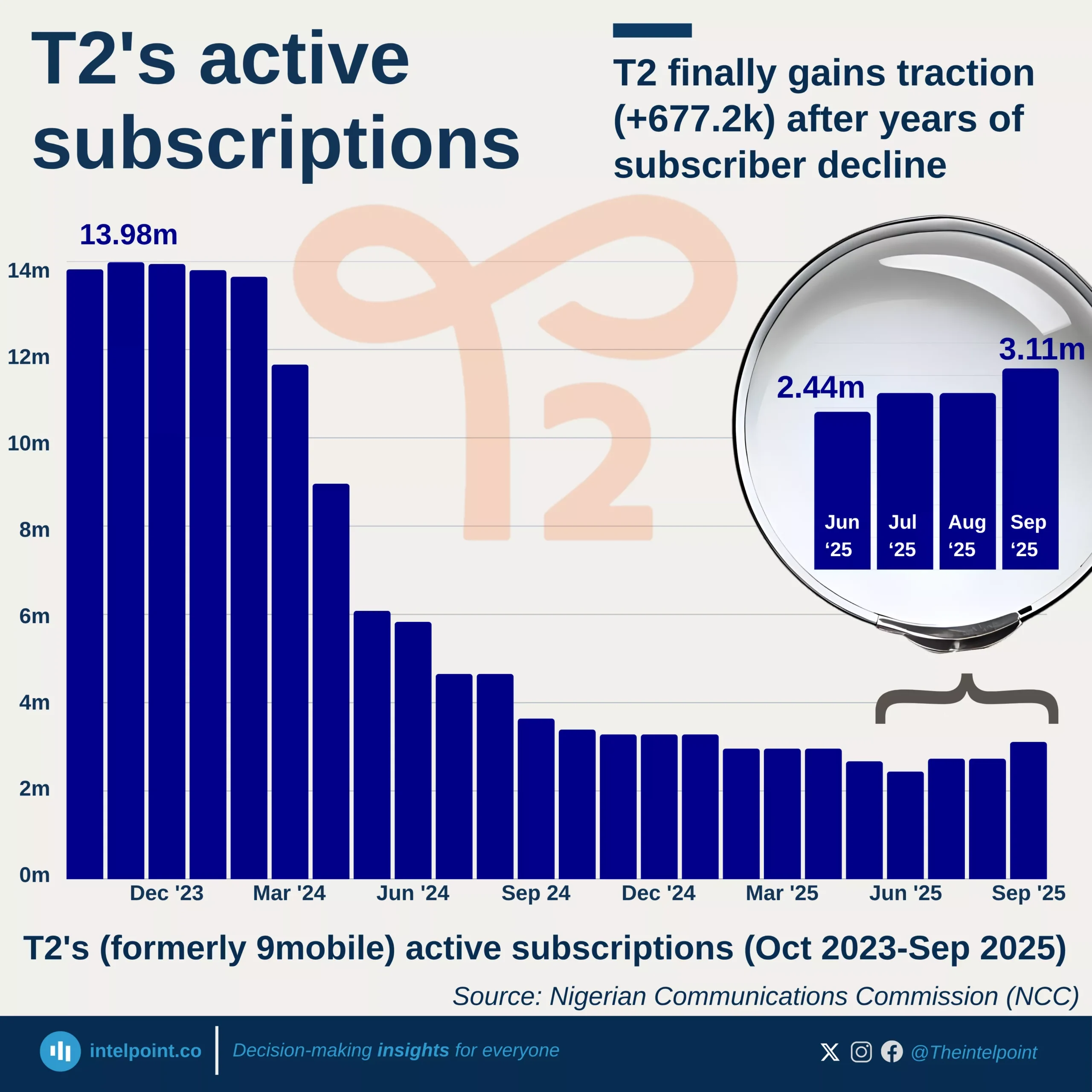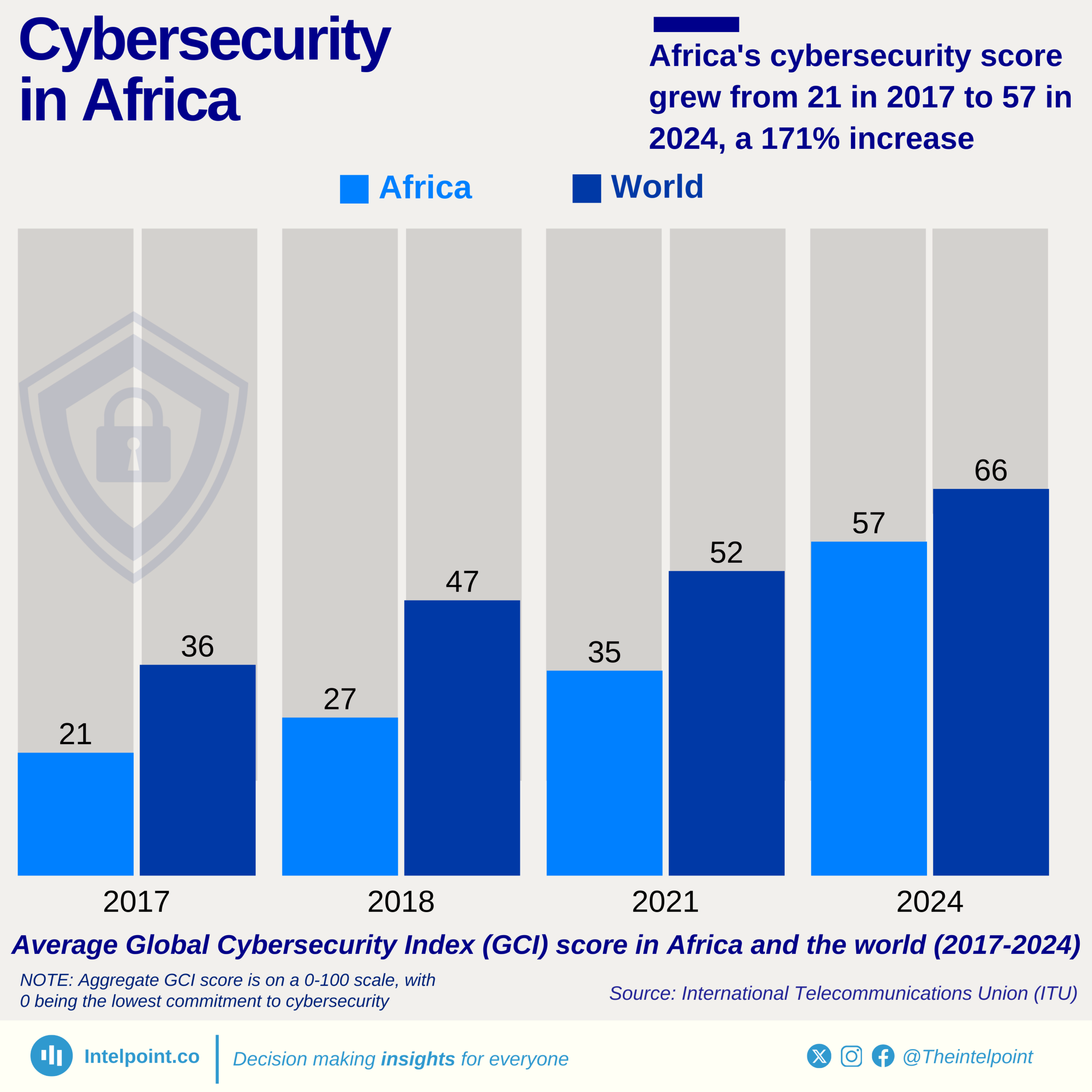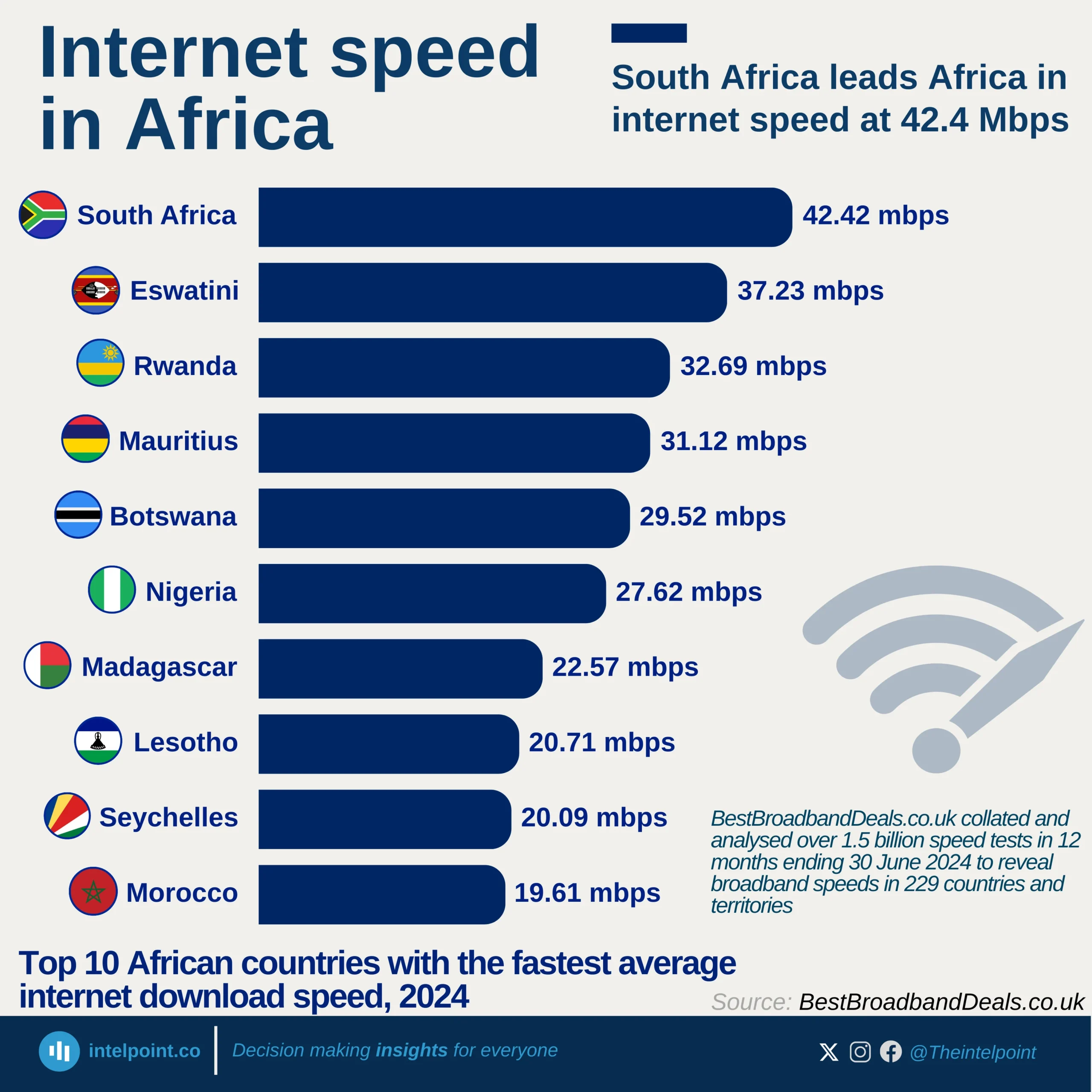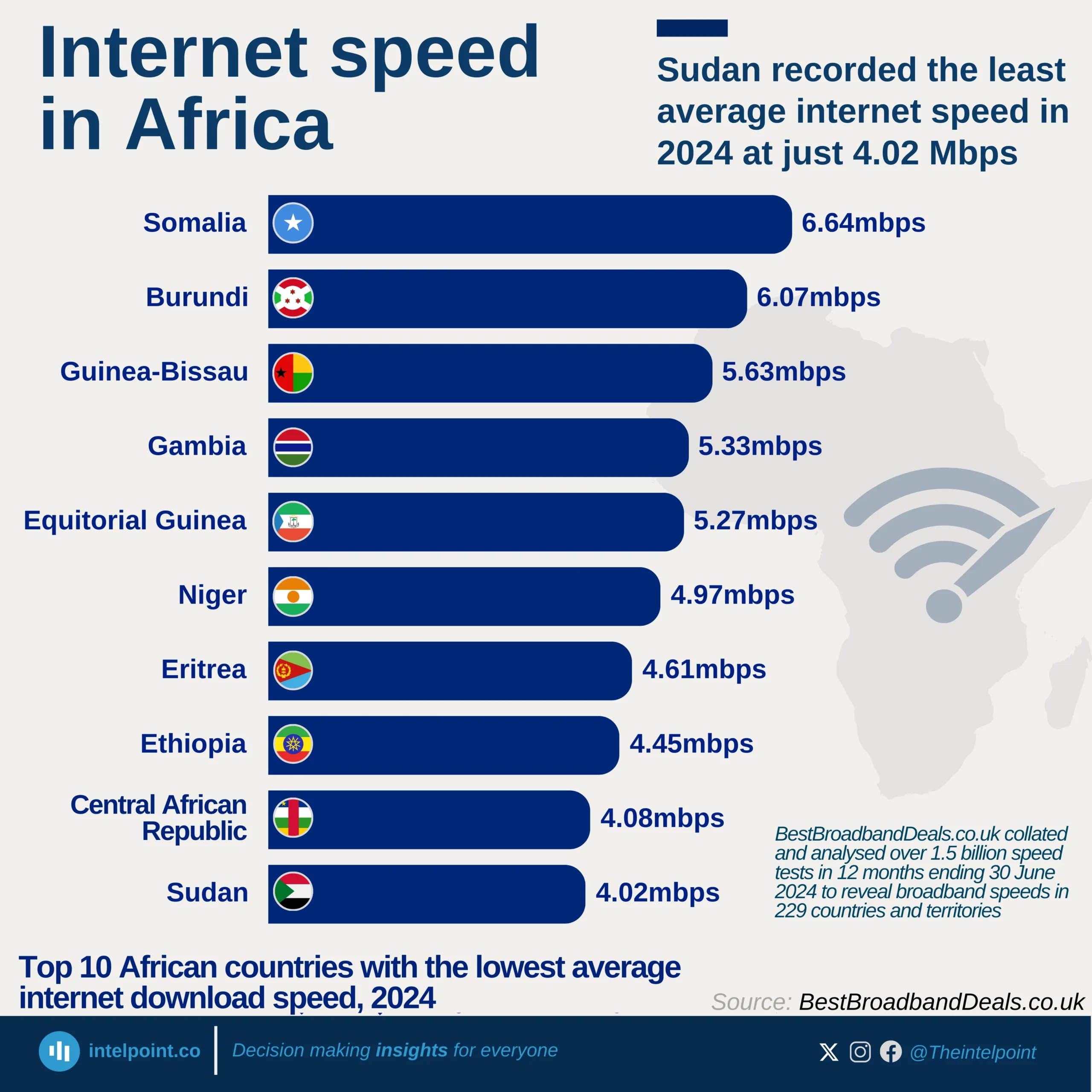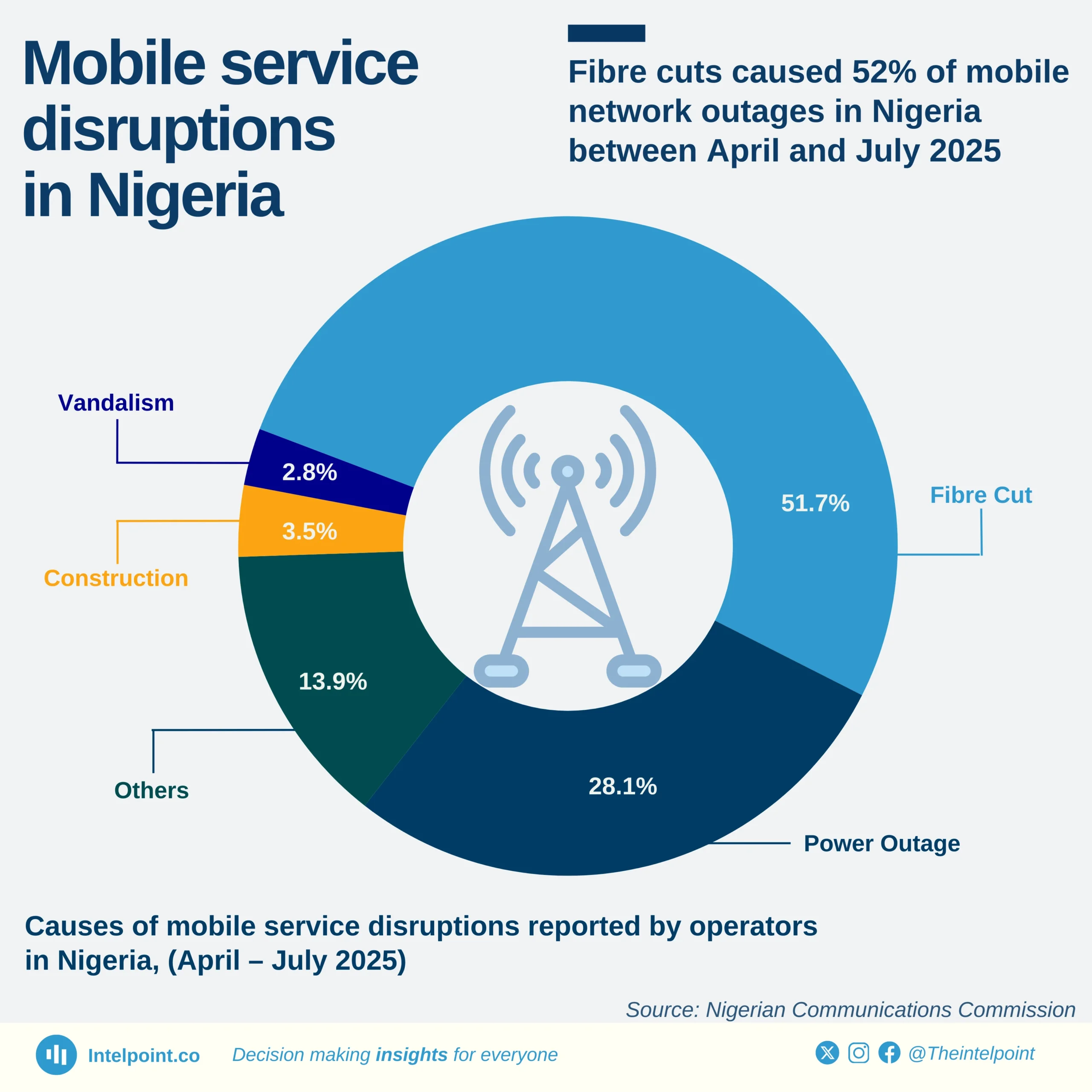Starlink's entry into the African internet market is already creating waves, especially in countries where traditional internet service providers (ISPs) charge significantly higher rates. According to Rest of the World, in Zimbabwe, the leading ISP charges over $600 monthly, while Starlink offers a plan at just $30—a staggering price gap that challenges the current status quo. Ghana shows a similar trend, with Starlink costing less than half the price of the most affordable traditional ISP. This signals a growing shift toward more competitive and accessible broadband, especially in regions where consumers have long paid a premium for basic connectivity.
Interestingly, in countries like Nigeria, Kenya, and Madagascar, traditional ISPs are still cheaper than Starlink, with monthly prices as low as $9.59 in Nigeria compared to Starlink’s $48.47. This highlights that Starlink's impact isn’t uniform across the continent—it depends on the local market, infrastructure, and government policies.
